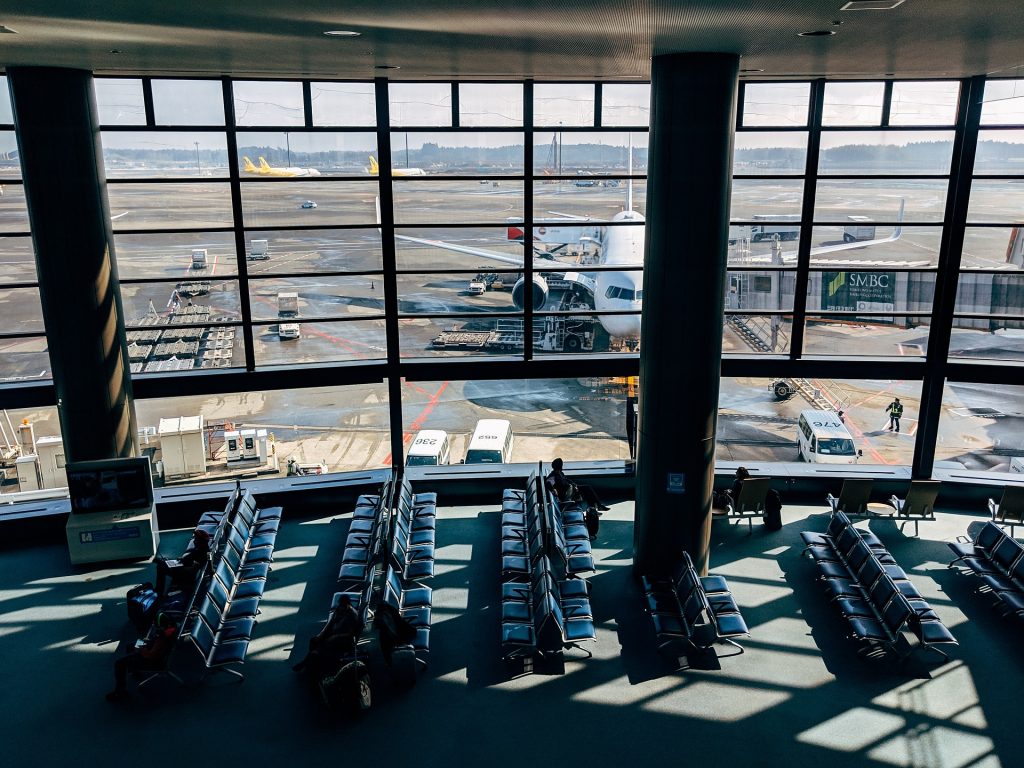Over 30 small and medium-sized Russian airlines.
Others are reading now
More than 30 Russian airlines, which provide over a quarter (26%) of domestic flights, face bankruptcy in 2025, sources told Izvestia.
These airlines are struggling financially and risk losing their operating licenses due to unpaid debts on leased foreign aircraft.
After sanctions were introduced in 2022, many airlines stopped making these payments. Although the government will allow these debts to be written off in 2025, a 25% tax on the written-off amounts could be too much for some airlines to handle, potentially pushing them out of business.
Leonid Mokhov, CEO of NordStar Airlines, raised this concern in a letter to the Association of Air Transport Operators (AETO). He noted that, although the planes were registered in Russia and continued flying domestically, the lease agreements with foreign companies still apply.
Also read
Money originally meant for lease payments has been redirected to keep the planes airworthy, a process that has become more costly under sanctions.
In contrast, larger airlines like Aeroflot, Ural Airlines, and S7 Airlines have been able to buy out their leased planes with help from the National Welfare Fund (NWF). As of the first quarter of 2024, they have purchased 165 of the 400 planes leased from foreign companies, RBK reports.
In response to the potential bankruptcies, the Association of European Economic Relations (AEET) is working on proposals to amend the Tax Code to support these struggling airlines, according to Izvestia.
Andrey Patrakov, founder of flight safety service RunAvia, pointed out that most Russian airline fleets were registered in Bermuda, Ireland, and other European countries. The typical lease payment for a used Airbus A320 ranges from $80,000 to $150,000 per month. He argues that taxing the unpaid lease amounts as income is incorrect since these funds are used to keep the planes in flying condition.
Legal expert Boris Romanov from S&K law firm added that the airlines’ frustration is understandable.
Written-off debts are seen as “non-operating income,” meaning the “saved” money is treated as profit and taxed. The airlines and AEVT’s proposal aims to ensure that unpaid foreign lease debts are not considered profit. Romanov also noted that similar exemptions exist in the Tax Code for other foreign creditors.






